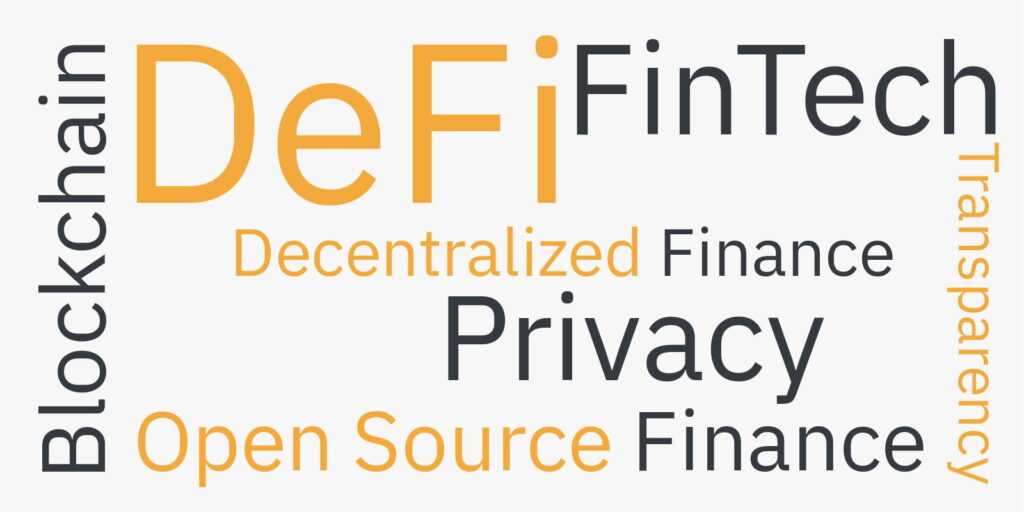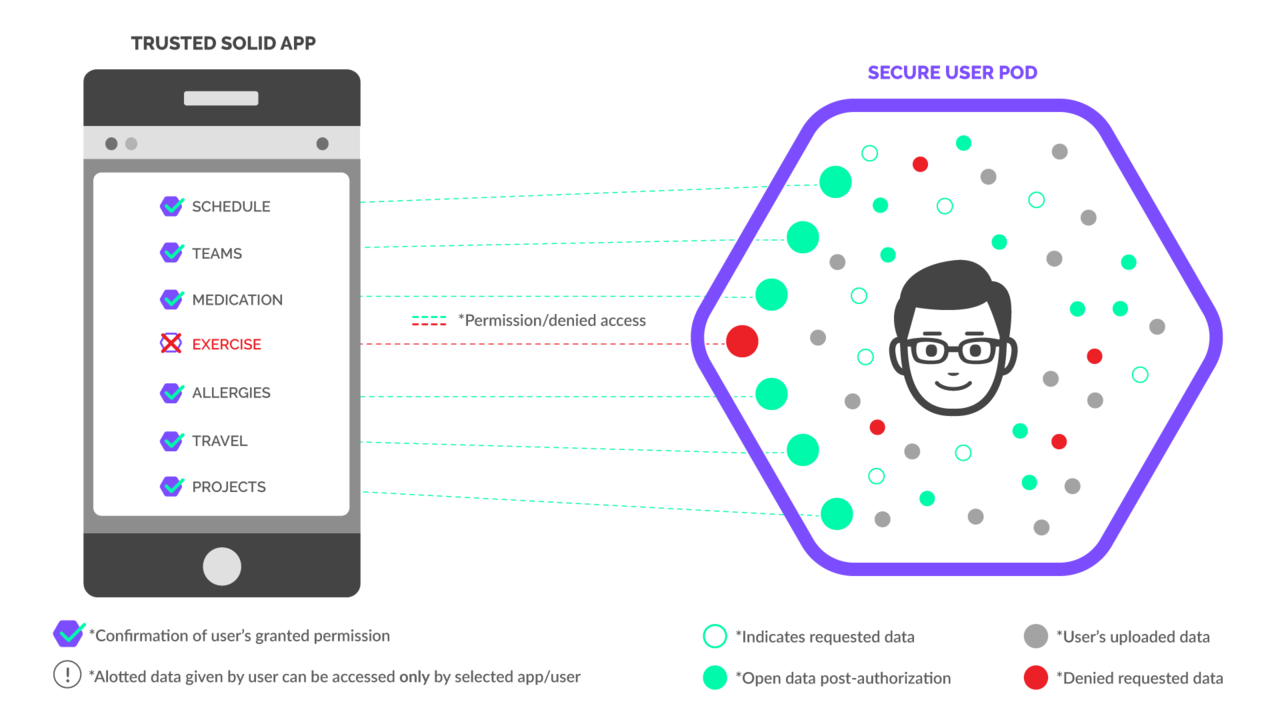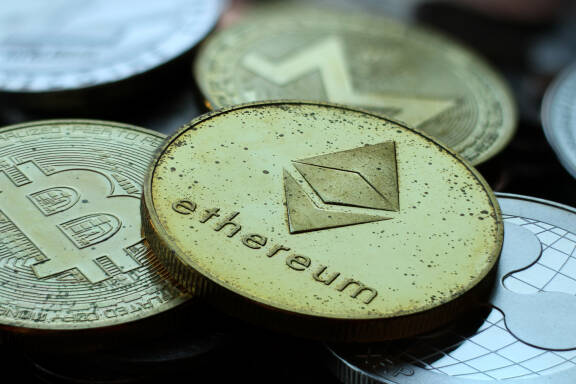Are you curious about decentralized apps and what they offer? Do you want to learn more about the advantages of using these apps compared to traditional, centralized ones? In this blog post, we’re going to explore the various benefits that a decentralized app can bring. So if you’ve been wondering what all the fuss is about, read on!

Enhanced Security
One of the major benefits of a decentralized application is its enhanced security. By decentralizing the application, it is no longer stored on a single server and is instead stored on a distributed network. This makes it harder for hackers to gain access to the system, as they would need to break into multiple computers instead of just one. Additionally, decentralized applications are more resilient as they are not dependent on a single point of failure. In the event of an attack, the application will still be accessible thanks to the distributed nature of its storage. This ensures that user data is kept safe and secure.

Increased Efficiency
Decentralized applications provide a great deal of increased efficiency compared to traditional centralized applications. The lack of a single authority means that there is no single point of failure and no need for a centralized server. This eliminates the need for expensive infrastructure, as well as manual processes and oversight. Furthermore, decentralized networks are more likely to be open development platforms, meaning that anyone can build amazing tools, products, and services on top of the underlying blockchain. This opens up new opportunities for innovation, as well as improved user experiences. Additionally, dApps are more robust and flexible than centralized applications since they don’t require connectivity to a single centralized server to run. This means less downtime and better access to services and data.

Reduced Costs
Decentralized applications offer many benefits, and one of the most prominent is the potential to reduce costs. This is because decentralized applications do not rely on a single server, which eliminates the need for costly hosting fees. Additionally, since most decentralized applications are open-source, developers can create products without licensing fees or other expensive overhead costs. All of this results in less money spent on development, maintenance, and running costs, which can make dApps a more cost-effective option for businesses.

Improved Scalability
The benefits of dApps extend to their scalability. Unlike centralized applications, dApps can be easily scaled to accommodate more users or larger transactions. This is due to the distributed nature of the blockchain, which allows data to be stored and accessed across multiple computers simultaneously. This makes it possible for the network to handle a large number of transactions at the same time, improving the speed and efficiency of the system. Additionally, dApps don’t require extra hardware or software to be able to handle more users, as the blockchain takes care of all the necessary processes. This means that dApps are more cost-effective, as they don’t require additional investment in terms of hardware and software.

Greater Transparency
Decentralized applications provide greater transparency compared to traditional applications. This means that all participants in the system can view and review the data stored on the blockchain. This makes it easier to verify the accuracy and validity of data, as well as to detect any malicious activity. The distributed ledger also enables users to track their transactions and verify their identities. This increased transparency helps to reduce fraud and improve trust in the system. Furthermore, it increases the overall accountability of the network and its participants, leading to an improved user experience.

Faster Transactions
The decentralization of dApps also offers the benefit of faster transactions. With no single entity controlling the network, there is no need for a centralized server, which can result in faster transaction speeds and fewer delays. By removing the need for a middleman, transactions can be completed quickly, securely, and with lower fees. Additionally, because the entire network is decentralized, transactions are more secure and less prone to censorship or interference. This means users have more autonomy over their transactions and can have greater confidence that their transactions will be completed in a timely manner.

Improved Privacy
One of the main advantages of decentralized applications is improved privacy. With no single authority controlling the Dapp, it’s very difficult for anyone individual or government to access user data. All data related to the Dapp is stored on a distributed ledger, allowing users to be sure that their data is secure and only accessible to those they have authorized. This also means that developers don’t have control over the data, and so cannot sell it or use it for their own benefit. This improved privacy provides users with a greater sense of security and autonomy.

Improved Auditability
Decentralized applications offer improved auditability compared to traditional centralized applications. This is because the blockchain technology used to power dApps creates a permanent, public record of all transactions and records that can be easily audited. This eliminates the need for manual audits, which can often be costly and time-consuming. Additionally, since the blockchain is decentralized, it is nearly impossible to manipulate or tamper with any of the records. This makes it much easier to verify the accuracy and integrity of any transaction or record on the blockchain.

Reduced Risk of Censorship
Censorship resistance is one of the major benefits of decentralized applications. With no single entity controlling the dApp, it’s very difficult for anyone individual or government to control or censor it. This gives users the freedom to use the app without worrying about censorship or interference from a third party. This means that developers and users can use the dApp in any way they choose, without fear of interference from centralized authorities. Additionally, the ability to create a more decentralized system means that users can have more trust in the app’s security, since there is no single point of failure.

Increased User Autonomy
User autonomy is one of the key benefits of a decentralized application. With a dApp, users have control over their data and can make their own decisions about how it is used, stored, and shared. They don’t need to rely on a centralized server or organization to make decisions, and they’re not subject to the rules and regulations of a single entity. This gives users more freedom to interact with the app without worrying about censorship or interference. Furthermore, users can also benefit from the open-source nature of dApp development, allowing them to contribute to the development of the project and be part of the community.